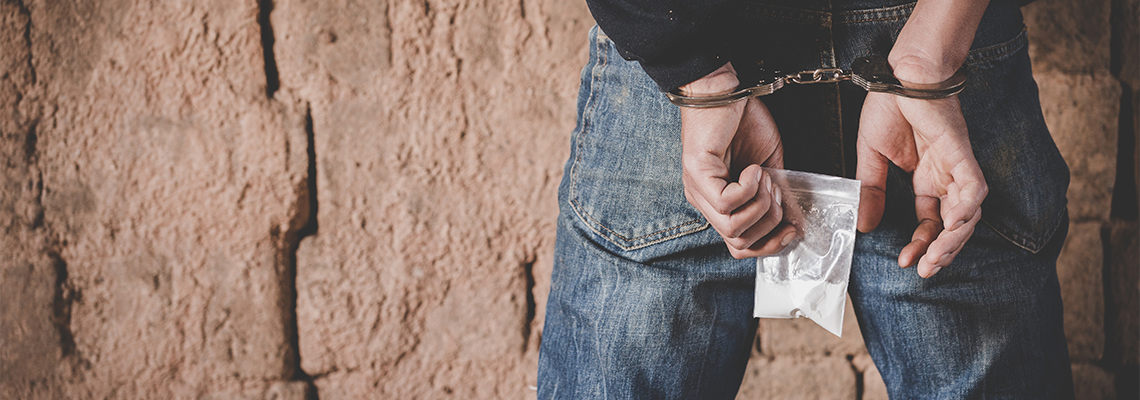Shoplifting is a problem among teens of all social groups and economic backgrounds. You may think that your teen may be less likely to shoplift because she is popular in school or because your family has enough money for your child to afford the things he or she wants.
However, this is not necessarily the case. In fact, it is often the kids who want for nothing and have the least problems who end up shoplifting rather than the troubled kids.
Teens have many reasons for shoplifting, but a genuine need is rarely one of them. Shoplifting is rarely a premeditated crime, and teens may not be able to articulate why they did it. Regardless of the reasons for shoplifting, however, it is important for you as a parent to react appropriately.
Take Time to Calm Down
If you find out about your child stealing, or catch him or her in the act, you may understandably feel angry, hurt and betrayed. However, if you react with anger to your child’s shoplifting, you are likely to say something that you will regret later. It is appropriate to defer the discussion you have to have until you have had the chance to calm down.
Explain the Seriousness of The Situation
Your child may think that committing a relatively minor crime like shoplifting does not matter much. You need to explain that any criminal offense is a big deal and that there are consequences. If your child understands how serious shoplifting is, she may be less likely to do it again.
Find out What Happens Next
Your child could face criminal charges for shoplifting. If so, you need to know this right away. If not, the store may still impose a fine, ask for reimbursement or ban your child from the store. It is important to know exactly what the consequences will be and explain these to your child.
Your child may be at risk for criminal behavior that is even worse if you do not impress the seriousness of his actions onto her or him. At the same time, overreacting can also be counterproductive.



